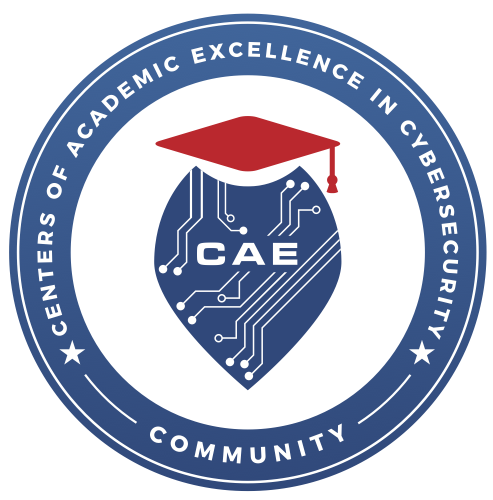The Leader in Undergraduate Cybersecurity Education
The Kennesaw State University Cybersecurity program equips students with the necessary skills and knowledge to become leaders in the rapidly expanding field of cybersecurity. Through this program, students will learn to develop and implement cybersecurity strategies, respond to threats and incidents, manage risk to information assets, and solve real-world cyber problems using appropriate tools and methodologies. This multidisciplinary program is open to students from all backgrounds, whether or not they have prior experience in cybersecurity.
Since 2004, KSU has been recognized by the National Security Agency (NSA) as a National Center of Academic Excellence in Information Security Education (CAE/IAE) and has been re-designated in 2007, 2012, 2015, and 2022. Recently, in February 2022, KSU was re-designated under the new NSA CAE in Cyber Defense Education (CAE-CDE) program, with its Bachelor of Science in Cybersecurity program being the first validated Program of Study, valid through 2027.
Dr. Mike Whitman serves as the primary contact for all CAE-related communications and is designated as the Institutional Accounts Administrator for CAE at CCE.


























